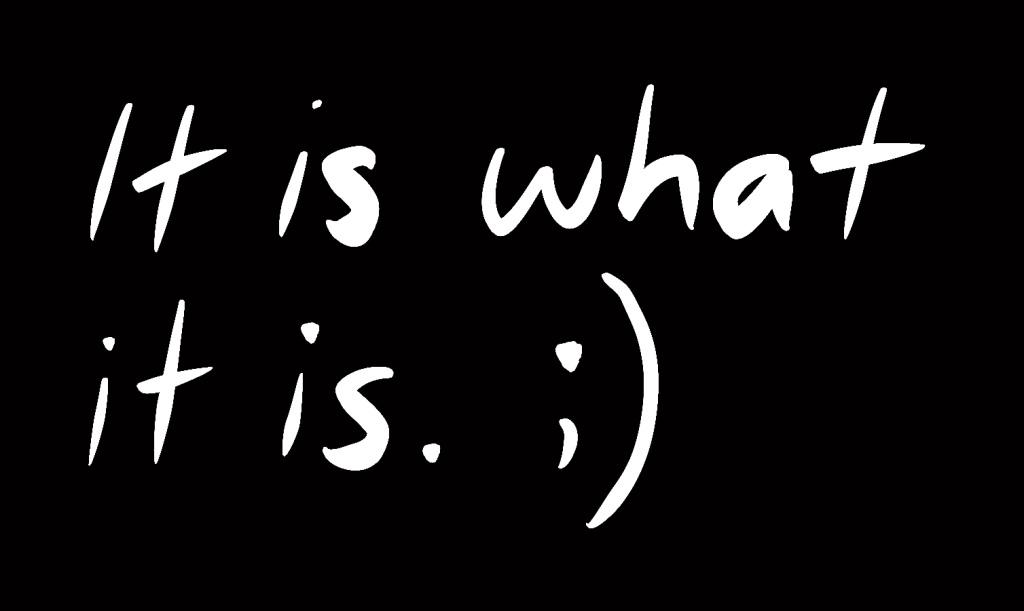Over the years, something that has stood out to me in advertising and business is the excessive use of tautology. If you’re unfamiliar with the term ‘tautology’, Oxford English Dictionary gives the following definition: ‘The saying of the same thing twice over in different words, generally considered to be a fault of style (e.g. they arrived one after the other in succession)‘.
Consider, for example, the phrases ‘safe haven’ and ‘pre-prepared plan’: havens are safe by definition and plans are always prepared, not to mention the word ‘prepared’ already contains the prefix ‘pre-’, which denotes the idea of occurring beforehand anyway.
In advertising for retail businesses, you’ll often see numerous tautologies included just to make it sound like you’re about to receive much more value as a customer. You see, companies want you to believe that you’re getting the best deal. Here are some examples:
- ‘Plus a bonus item’ — ‘plus’ and ‘bonus’ both mean ‘additional’;
- ‘Added extras’ — extras can only be added;
- ‘Further accessories’ — accessories are never the main event; and
- ‘Free gift’ — have you ever paid to receive your own gift?
Whenever I encounter this kind of useless language in television advertisements or on signage, I find it annoying and perplexing. First, the language is clumsy and unnecessary; why not just reduce the wording to communicate clearly and efficiently? Second, I fear that many people really do fall for this stuff. Third—and this is the big one—it concerns me that the people who are employed to write such advertising copy don’t realise that their use of language sounds stupid, therefore continuing to think that it is professional, elegant and proper.
One unexpected example of retail tautology struck me this week, consequently arousing the third point in my mind from the above paragraph. You can see it in the image below, which was taken at our local Woolworths.

In case you can’t read it properly, this overhead sign in an aisle is advertising packs of reusable food containers for two dollars. Under the large (main) price, however, it notes the price for separate food containers, which is 40 cents. The smaller text says ‘40¢ per ea’.
40¢ per ea
I stopped in the aisle and stared at this, confused by what I was reading. Was this sign actually displaying a slightly shorter way of saying ‘per each’? If that was true, one might as well have written ‘per per’ or ‘each each’! Surely ‘40¢ each’ would have been sufficient and correct for the sign.
After taking the photo and walking away, I reconsidered things and thought to myself, ‘Aha, the part that only says ”ea” must be an abbreviation or contraction of something, like “item” or “unit” instead’.
Well, after some basic searching on the Web, I confirmed this to be the case. When writing ‘per ea’, the ‘ea’ part indeed means one unit—it’s just a way that businesses tend to shorten it. Still, I wasn’t satisfied without knowing what ‘ea’ was actually shortening… then I found this, which confirms that ‘ea’ really does shorten the word ‘each’!
Thinking about this, although ‘ea’ stands for an individual unit, some bright spark in the business world decided to invent the phrase ‘per ea’, knowing full well that the latter part simply stood for the word ‘each’ and doubled things up, when words such as ‘item’, ‘product’, ‘unit’, ‘object’, ‘goods’, ‘wares’, ‘merchandise’, ‘article’ and ‘produce’ were already available in the English language.
Let’s not forget that the main price in larger font also contains the letters ‘ea’, which in this context refers to each package, rather than each unit. Each ‘ea’ for ‘each’ technically means something different. What a mess!
In the typical style of overused initialisms like ‘ROI’, ambiguous terms like ‘synergy’ and ‘learnings’ and empty phrases such as ‘touch base’, ‘circle back’ and ‘take offline’, businesspeople have invented a useless, confusing, tautological phrase to refer back to an item in an abbreviated form that could have been noted simply with the word ‘each’ next to a price.
Ultimately in closing the end of this rumination to achieve a result, I’d like to finish finally with this culminating conclusion on broader linguistic habits (including and beyond tautology): people in business simply like to complicate things to appear specialised and intelligent, then need to shorten things to make them easier and quicker to say, which then leads those who follow them to accept such constructions blindly with little idea of what they mean and why they came to be.
The End
FIN
